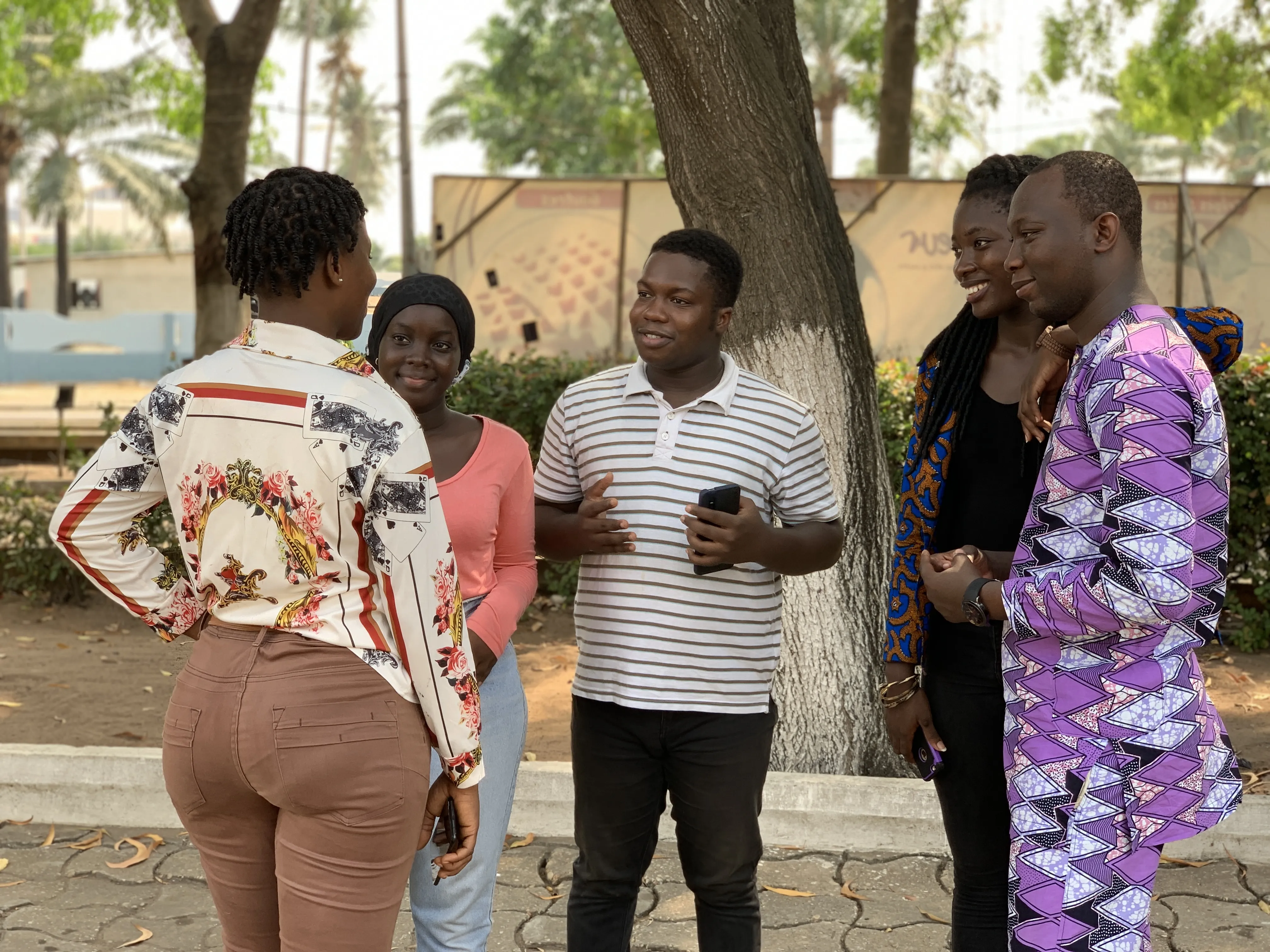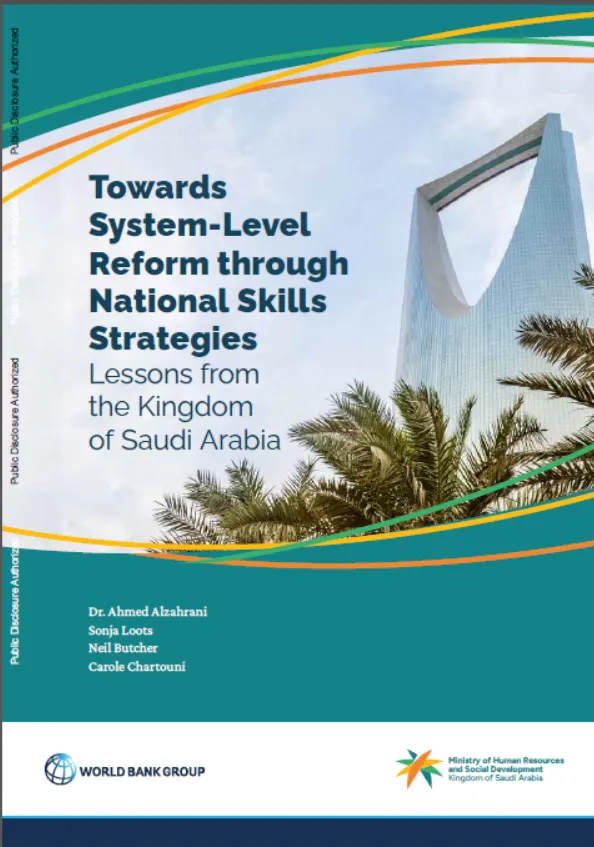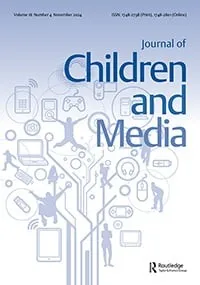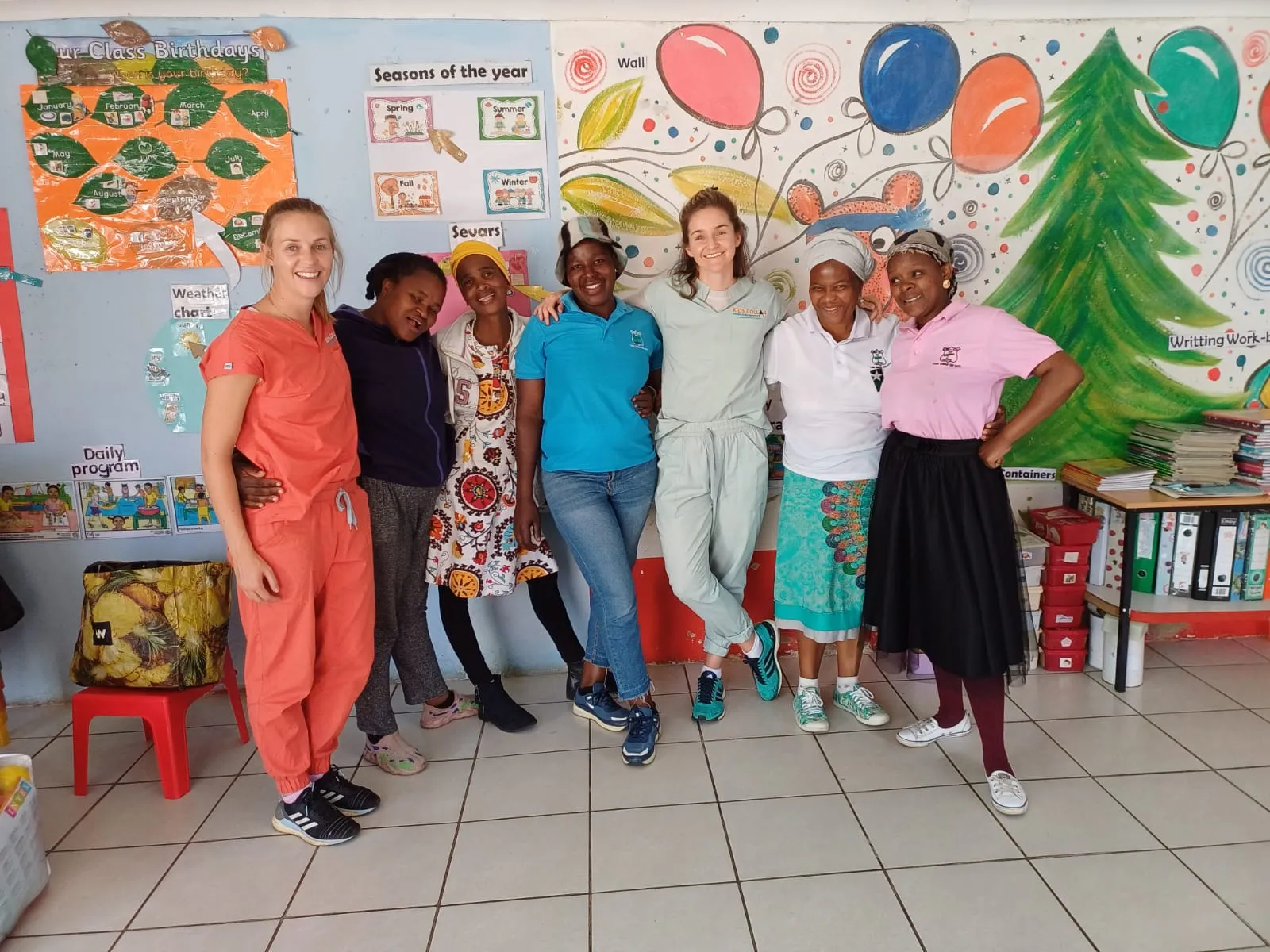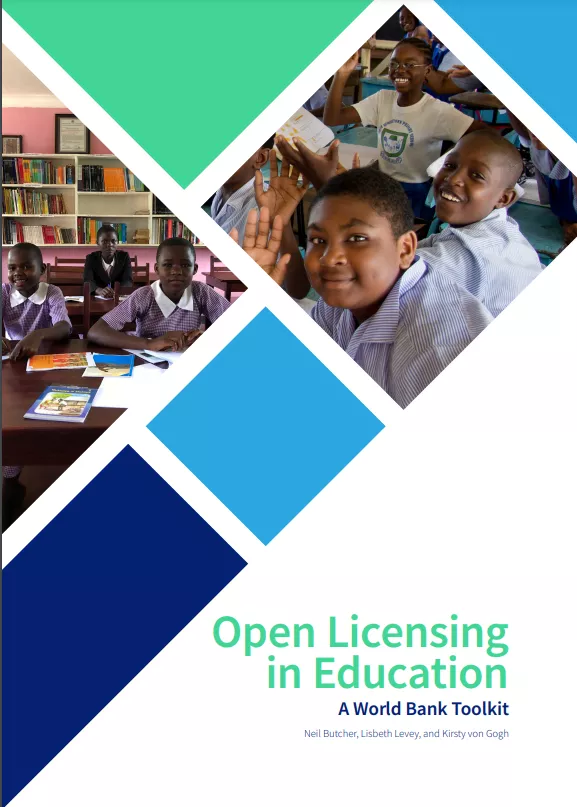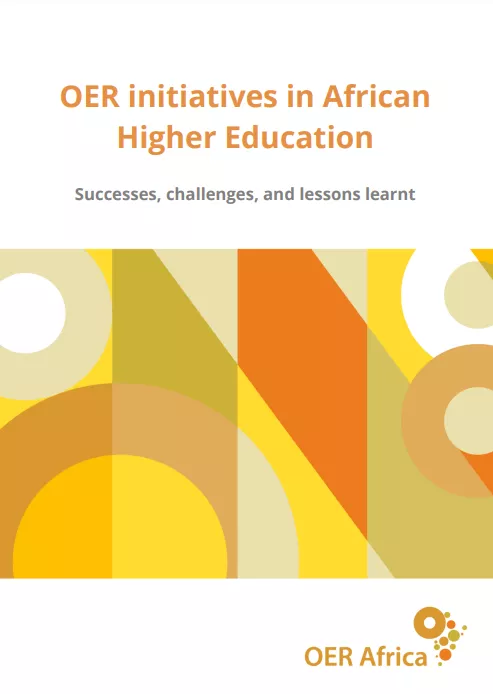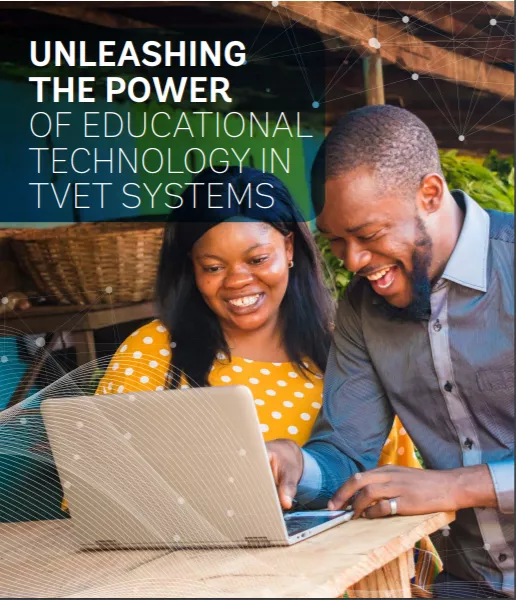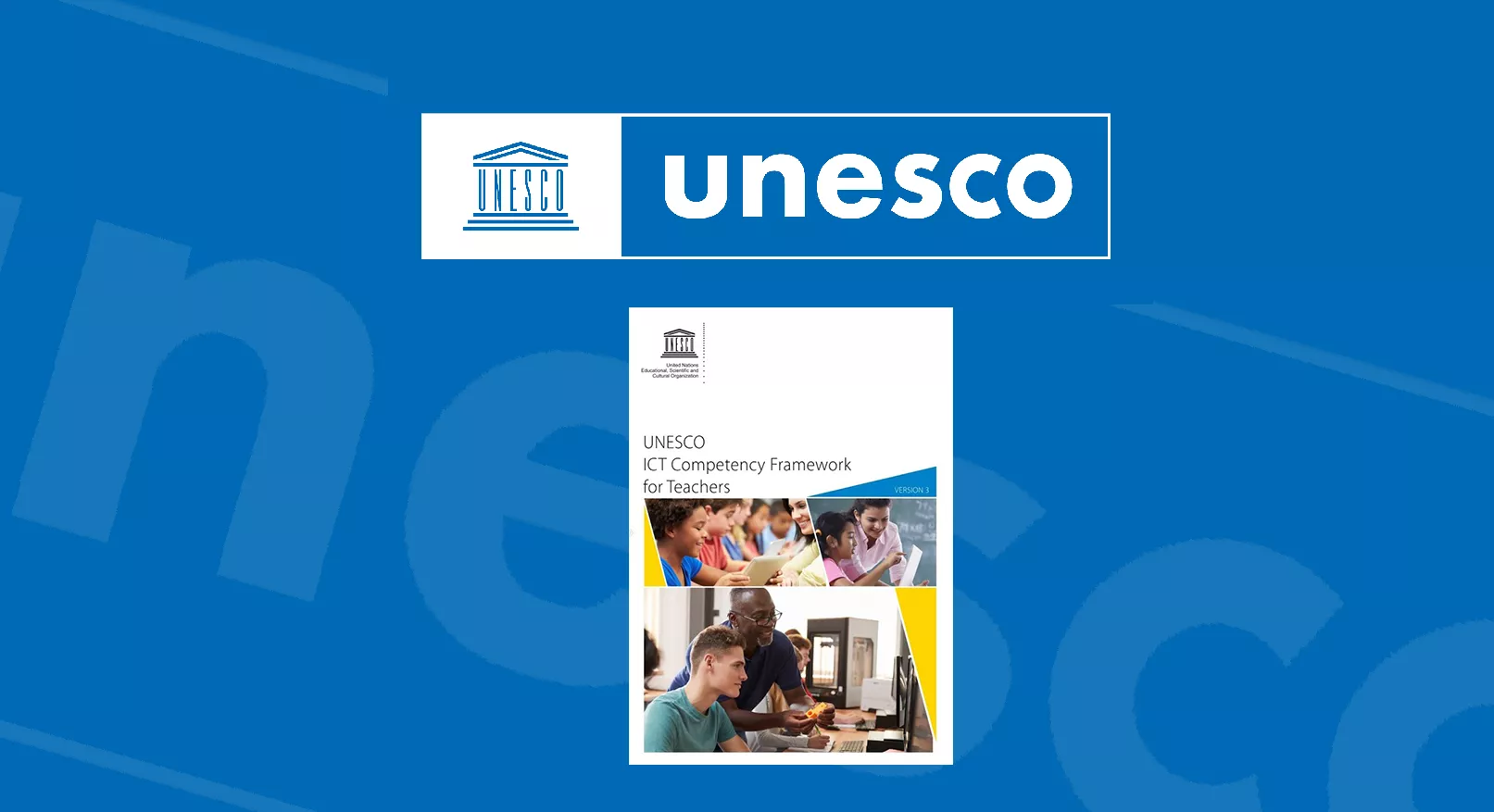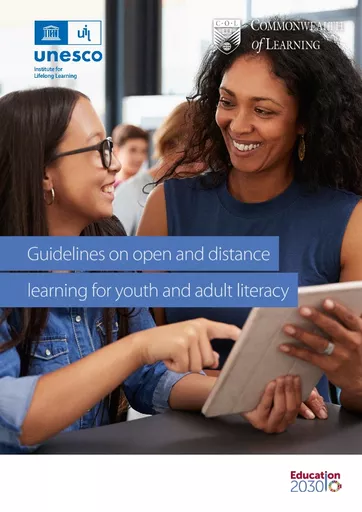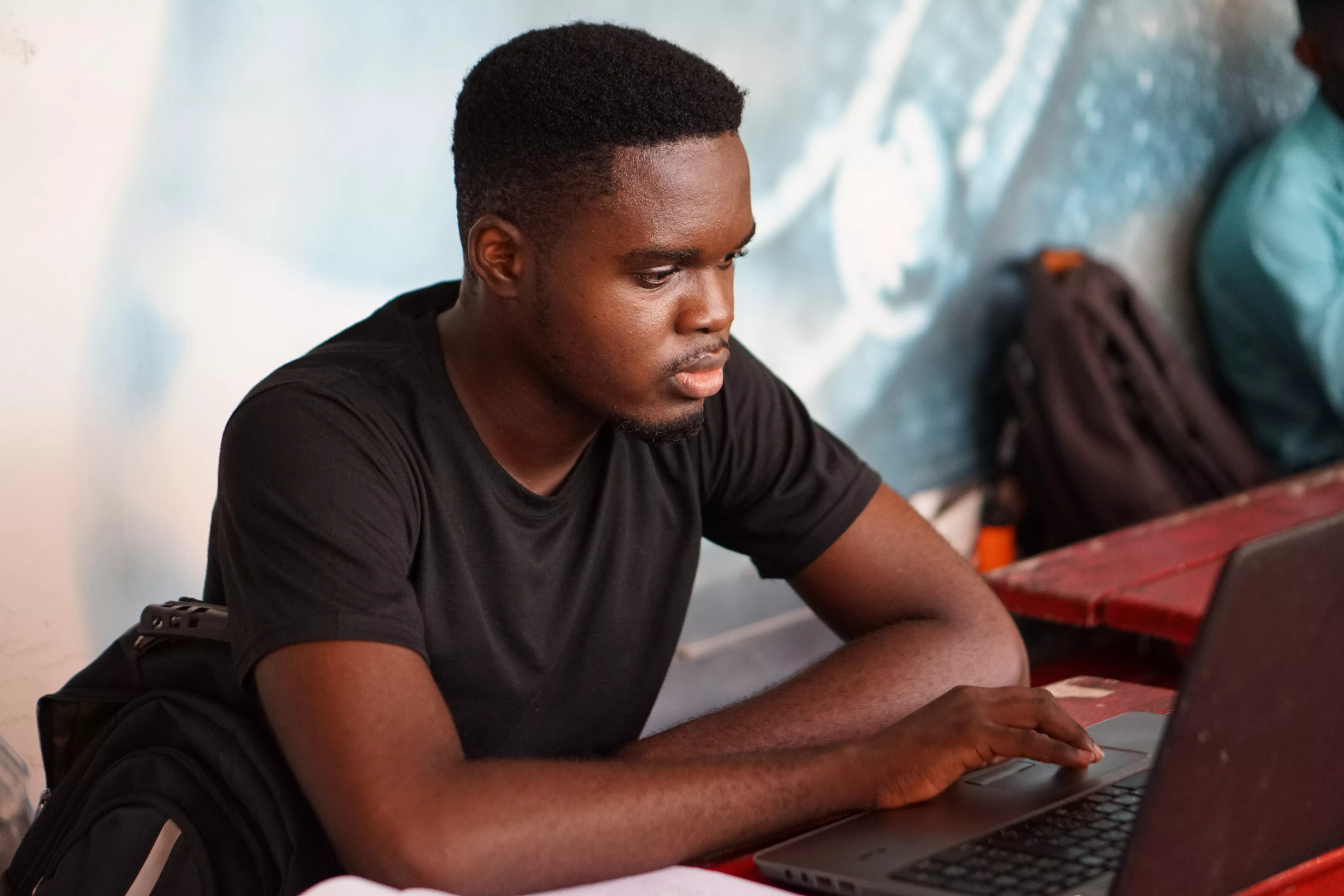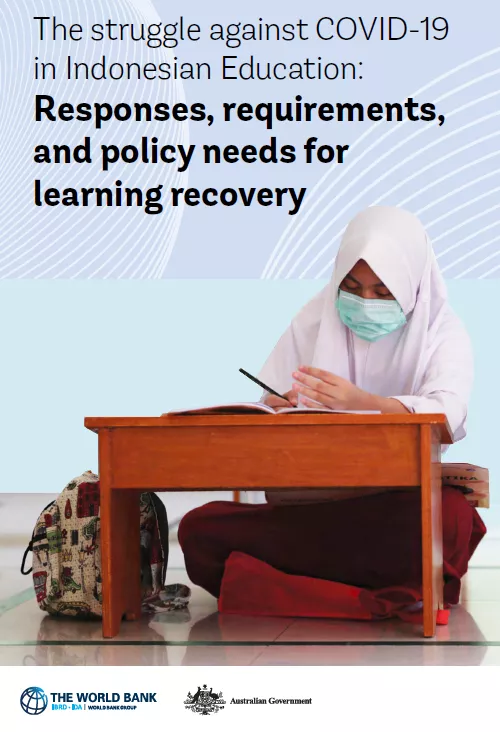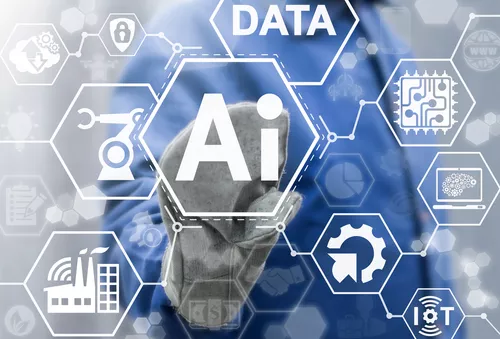Open Licensing in Education - A World Bank Toolkit
This toolkit introduces the concept of open licensing for educational materials, explores the use of open licences for these materials, provides a practical ‘how to’ guide for teams and government staff, and presents issues to consider before using open licences in World Bank and other education operations. Although all levels of education are considered in this toolkit, the focus is on OER in early childhood education and primary education project

